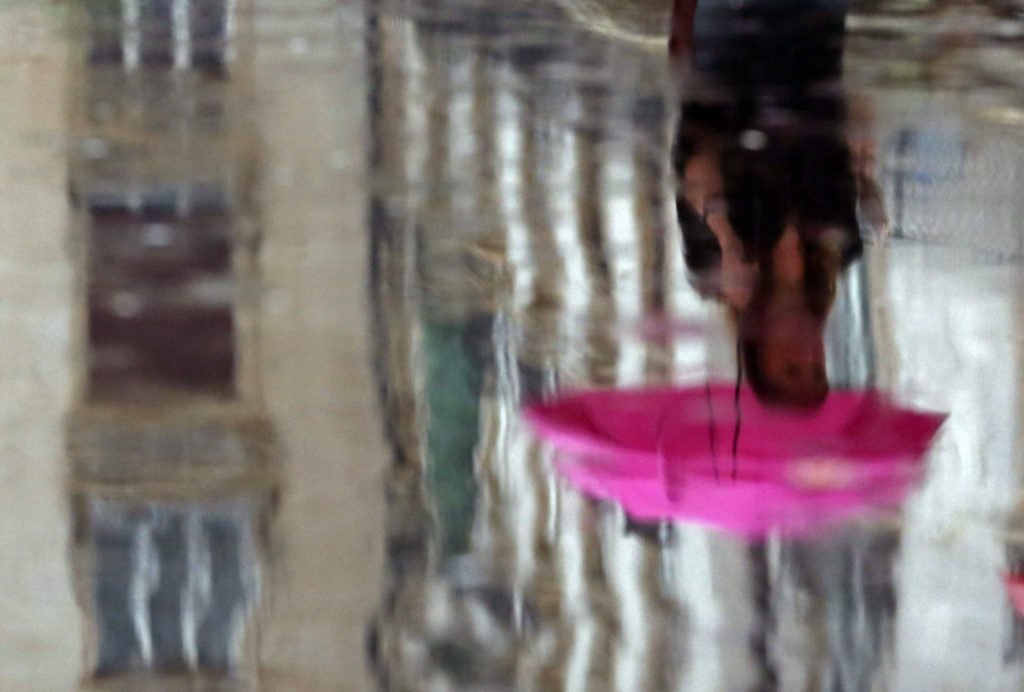We aren’t doing right by our young adults.
Perched on the edge of a large pink bubble — part sofa, part catchall — I waited for my teenage daughter to model one of the homecoming dresses she had in the changing room. I chit-chatted with other moms-in-waiting, but mostly indulged in the usually enjoyable experience of people watching.
This time what I heard and saw hurt.
“I hate my shoulders.” • “My thighs are so fat.” • “I don’t have the boobs to carry this off.”
Shopping for prom and homecoming dresses is a coming-of-age rite of passage for most teen girls and their mothers. I engaged in it with my own mom, although she could go home and sew a dress based on what we liked.
I also wonder if my mother being able to design clothing specifically for my body played a role in my relatively unscathed escape from high school. I didn’t begin to question the beauty of my attributes until college and, looking back now, I regret wasting so much time building up an inner chorus of negativity that hinders me to this day.

Want the list? My hair is too straight; even after hours in hot rollers, it won’t hold a wave. Like my grandmother, mom and sisters, I have an upper abdomen “Buddha belly” that no amount of dieting and exercise is going to change. (We’ve all tried and have all failed.) There’s a scar on the front of my leg, a constant reminder of clumsiness and church camp. My face is too round, nose too bulbous, eyelashes too thin. I have stretch marks in places pregnancy had no right to touch. I’m too short for long skirts, too … well, too old to still be concerned about this garbage.
Because despite this negative sound track, I also know that I’m an incredible person — inside and out — and that no one else is ever going to criticize me to the level I’ve already criticized myself.
It took more than 40 years of walking this earth before I could type all of that, before I could acknowledge and truly own myself without consideration of the subtle (and sometimes not-so-suble) measurements of others. I don’t want my children or any other young adults to have to wait that long.
To that end, I’d like to challenge you to use your words to make a difference.
Although I can and do reassure my children that they are strong, smart and beautiful, I’m still their mom — the one person they depend on, but will never completely trust on such matters. They are going to need the verbal acceptance of others before they can begin to internalize and believe in what’s good about themselves.
So, I’m going to lookout for the young adults in your life, and I’m going to depend on you to lookout for mine. Small statements — “your laughter is infectious” or “you get more smart and handsome each time I see you” — make a difference.
Sociologists call it “cultivation theory,” that we build our sense of who we are from the reflection of others. Despite the fact humans tend to buy in to the negative with more alacrity, we own the mirror and it’s time we put it to good use.
Next year in the changing room, I want to hear young women taking dress designers to task, not their bodies.
This column by Lynda Waddington originally published in The Gazette on Oct. 11, 2014. Photo credit: Laszlo Balogh/Reuters
